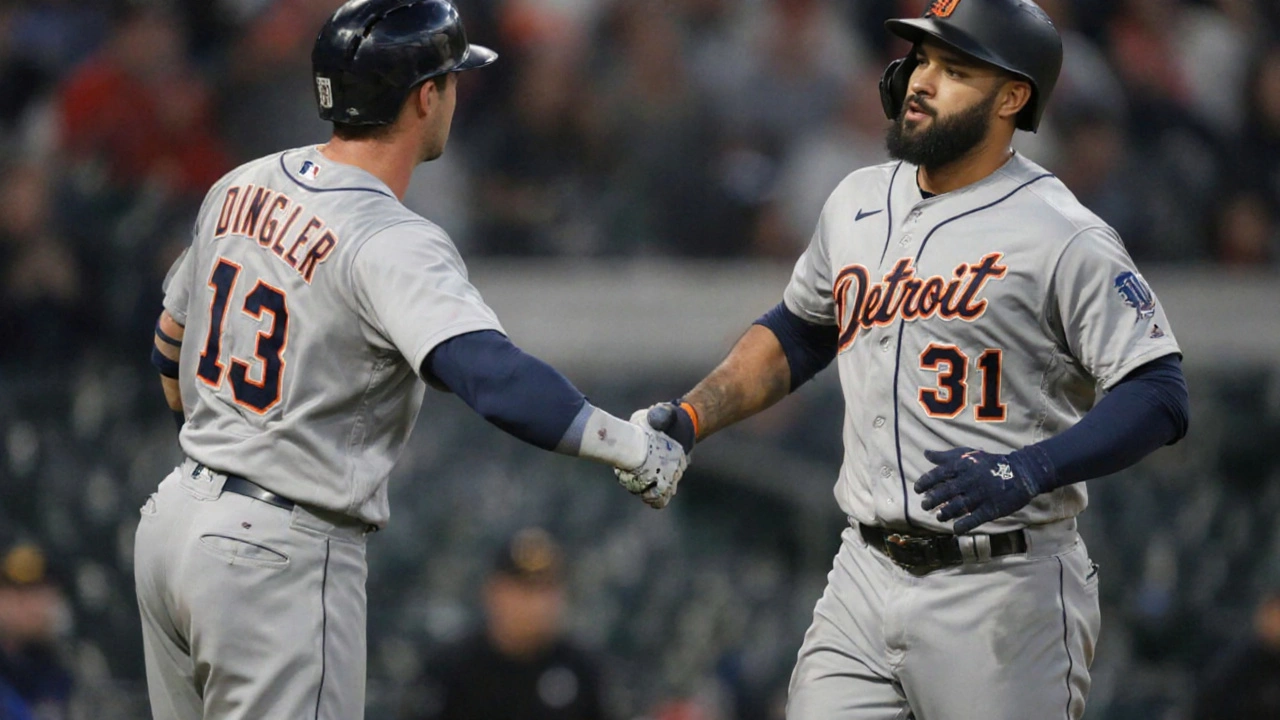Guardians in Sports – What Makes Them Tick?
When talking about Guardians, teams or figures that protect a league’s competitive balance, often acting as spoilers or hometown heroes, fans instantly think of the Cleveland MLB club or any squad that steps up when the stakes are high. Guardians are more than a name; they represent a role that blends on‑field performance with off‑field strategy.
The MLB, America’s premier baseball league that schedules 162‑game seasons and runs a complex playoff system heavily influences how Guardians build their rosters. For example, a late‑season series against a playoff‑chasing team can turn a Guardian into a spoiler, forcing the rival to scramble for wins. This dynamic shows that Guardians require depth and flexibility, traits shaped by the league’s schedule and the ever‑shifting odds of postseason qualification.
Switching fields, the NFL, the professional football league known for its high‑stakes divisional playoffs and intense media focus also creates opportunities for Guardians to shine. When a team with nothing to lose faces a playoff contender, the resulting upset can reshape the bracket. This spoiler effect demonstrates the triple: Guardians influence NFL outcomes, NFL schedules dictate Guardian strategies, and the resulting games feed fan excitement.
Behind every Guardian story lies the rulebook of sports ownership, the legal framework that decides who can invest, manage, and sometimes even play for a team. Ownership rules determine whether a franchise can act as a pure spoiler or must balance profit with competitive integrity. In some leagues, owners are barred from stepping onto the field, while in others, historic figures have taken a player’s spot. This relationship shows that ownership structures directly shape how Guardians operate on and off the field.
Equally important are sports contracts, agreements that outline salaries, bonuses, and clauses for players and staff. A well‑crafted contract can give a Guardian the financial leeway to grab a mid‑season talent, turning a modest roster into a playoff disruptor. Conversely, restrictive clauses may keep a promising player from joining, limiting the Guardian’s impact. Understanding contract mechanics is key to grasping why some Guardians become surprise powerhouses while others stay in the shadows.
All these pieces—league schedules, ownership limits, contract details—interlock to form a web where Guardians thrive. The concept that a team can act as a guardian of competition, protecting the drama that fans love, is what makes the role so compelling. Whether you follow baseball, football, or any sport where underdogs can flip the script, the Guardian archetype is a constant.
What You’ll Find Below
In the collection that follows, you’ll see real‑world examples of Guardians in action: a MLB series where the Astros face a spoiler Braves squad, the NFL’s divisional playoff schedule that sets the stage for unexpected upsets, and deep dives into ownership rules that determine who can even step onto the field. We also cover contract insights that explain how player deals affect a team’s spoiler potential.
Take a look and discover how each article adds a layer to the Guardian puzzle—be it tactics, legal nuances, or pure on‑field drama. Ready to see the Guardians at work? Dive into the posts below.
